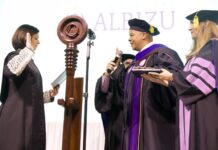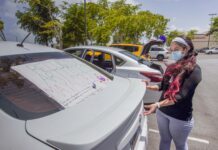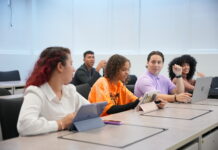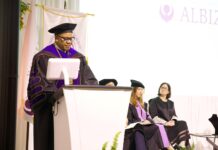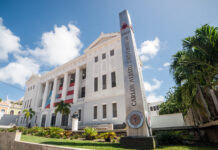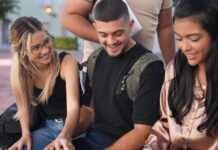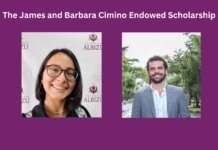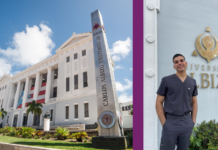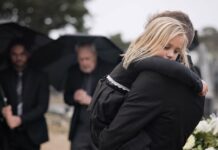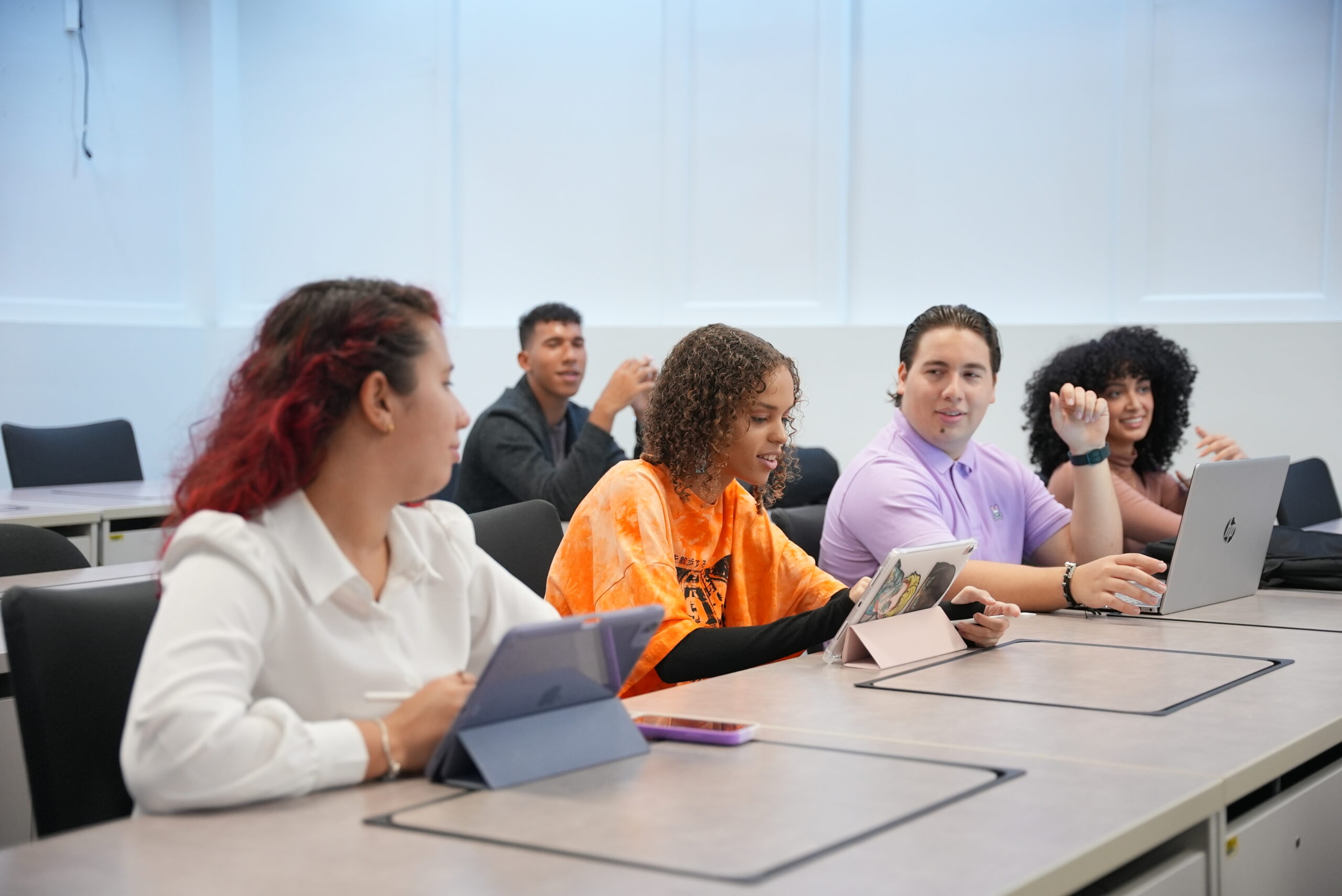T
he world as we know it has been facing unprecedented challenges that have transformed the way we live and relate to each other. Unlike any other moment in history, we have the opportunity now to connect with human beings everywhere in the world. But that possibility also brings up, more than ever, the need to view, understand, and accept different points of view, lifestyles, and cultural diversity. With that in mind, the President of Albizu University, Dr. Nelson Soto, shared with Albizu Magazine his views, goals, and initiatives to work on education from a global perspective.
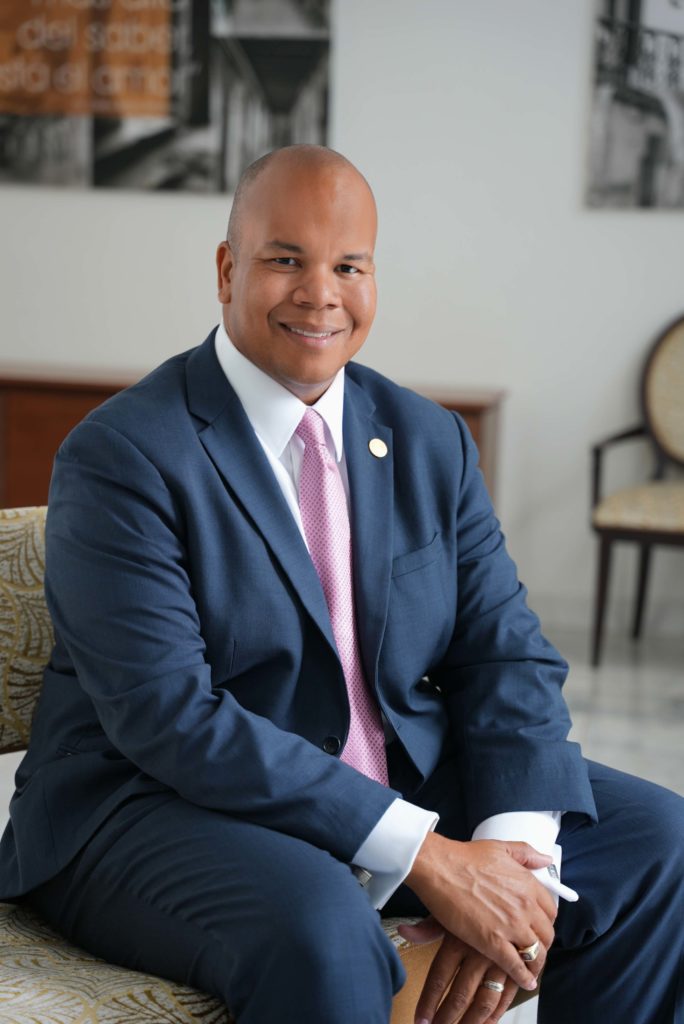
What are the biggest challenges for a global perspective in higher education?
I think we have two phases for global education. In phase one, we can no longer ignore technology and ignore the role of content that is readily available to everybody: content from different perspectives that could be either right or wrong, evaluated or not, but the content is out there. And those perspectives come from the world, which I think is good because it gives us multiple views on an ideology’s perception.
The issue is the value of higher education compared to readily available content. And that is where we have a lot of actors in our space now. Who is currently determining the academic quality of the readily available content? That is what we need to consider in this global world: how institutions will work together to ensure we maximize and say: we have a value here, and this is what we contribute to the world.
Why is it essential, or why do we need to view education from a global perspective?
Let’s face it: we live in a global society, and we need each other. The classic example was Covid-19. It was not just the scientists in the United States. Scientists in Europe, scientists in Africa, scientists in Asia, and others were probably working on trying to solve and come up with an answer regarding the vaccine. All these scientists got together. So you must love the notion of brainpower worldwide. Without that brainpower, I think we would still be stuck trying to figure out how to answer this question of Covid-19. As academia, we need to work together cause the world is no longer isolated. We are open. We have a passport to the world. Higher education is becoming almost like a global right and is part of the global citizenry. So how do we ensure we maximize that opportunity and not let actors who don’t belong in that space intrude that space? That’s what I’m concerned about.
Are you positioning Albizu University as an institution representing the Hispanic community in the U.S.?
Albizu, to me, is more than just a space to educate Hispanics in the United States or educate Hispanics, or even Puerto Ricans here in Puerto Rico. The Albizu brand is a global brand founded on values by our founder Carlos Albizu Miranda. His vision was always to expand, to ensure that the type of psychology and offerings we have at Albizu are not isolated to one community but expanded worldwide. So, I’m taking that opportunity and making sure that through technology, through collaborations and memorandums of understanding, we make sure that this whole notion that we call in Spanish bienestar -this whole notion of being a healthy society with strong mental health capabilities- is not just relegated to one space, but that is globally encouraged. And Albizu is the leader in that, and we want to ensure we secure that leadership in Puerto Rico and worldwide.
How do you propose improving access to higher learning and development opportunities for disadvantaged communities?
When we look at communities that have some type of disadvantages, we need to understand that we also must have therapists and psychologists, and other health professionals that look like them. It’s not the physical attributes, but understanding the culture, understanding the background, and that’s what Albizu was all about, to make sure that we take it from a perspective of love. Our goal is to demonstrate love by saying we will also make sure that we train individuals with a clear understanding or connection of what they are going through so that we can start from a process and a space of love and then continue moving forward.
Education access is one thing, but there is also a need to discuss access to mental health services for those communities that Albizu students will serve. What are your thoughts on that?
I am incredibly proud of my team because we are working with the United States government, and we have received, over the past six months, more than $6 million to do that. Funding to expand the ability and access of mental health to disadvantaged communities, to create pipelines for individuals who want to become therapists and enter the mental health space. The third piece is to expand physical and telehealth locations where individuals can access mental health services in English and Spanish, not just in person but also virtually. We are trying to eliminate all the barriers to ensure that we get to the root of the cause prohibiting the person from having access to mental health.
What kind of skills do students need to learn before going out to serve in a globalized community?
There’s no question that they must understand the content. They must understand the professional scope of their chosen discipline. But before that, though, they must have love. They need to see that what they’re doing is a service to humanity globally, not just to people they like, not just people who look like them. When you enter this profession, the helping profession, you are taking an oath of love.
The next thing they need to understand is that they need dedication. Just showing up and taking classes, online or in person, is not enough. How can you engage and get involved? How do you go above and beyond what you get in a classroom? How are you using technology? How are you using the world to understand different perspectives of the chosen profession? The next thing is that we need to act. We need to do something. Are you out there in the field? Are you taking advantage of the internships? Are you taking advantage of other volunteering opportunities to ensure you practice or watch what’s happening along the side? At this point, you’re not the expert yet. You’re still learning and are giving yourself the grace to learn. I think sometimes individuals assume just because they graduated, they are suddenly the experts. There are a lot of individuals who had gone the same path before you, and they had trial and errors. Let’s learn from them.
What I love about working at Albizu is that we have probably four generations working at one building. And that is a huge lesson because you have the blessing of the generations that grew up with technology, you have the benefit of the generation that had to acquire technology, but you have the benefit of the generation that says, “I’m willing to learn, and let’s learn from each other.” With our generations at Albizu, we have a teachable experience. And to be successful, you must have a teachable experience.
President Soto also commented on the current humanitarian crisis after the earthquakes in Turkey and Syria.
Recently, much attention has been given to the earthquake situation in Turkey and Syria. My question is, what is the global community’s role in supporting these individuals? I have a vision where I want to make sure that we have the concept of the brigadas, the brigades, that whenever there is a mental health crisis or something that happens here on the Island, we are quick to respond in Puerto Rico. We want to continue taking that brand of being first responders and ensure we expand it, not so much in the United States but worldwide. Unfortunately, we know that other crises will occur, and I envision Albizu being the first institution contacted outside the home country to help. My goal is that we can have the resources to fly a group of students and faculty members to provide psychological first aid because victims will need it. I look forward to training those professionals who will offer psychological first aid anywhere in the world because language will not be the issue here. It is about the heart and love to ensure we care for our brothers and sisters.



